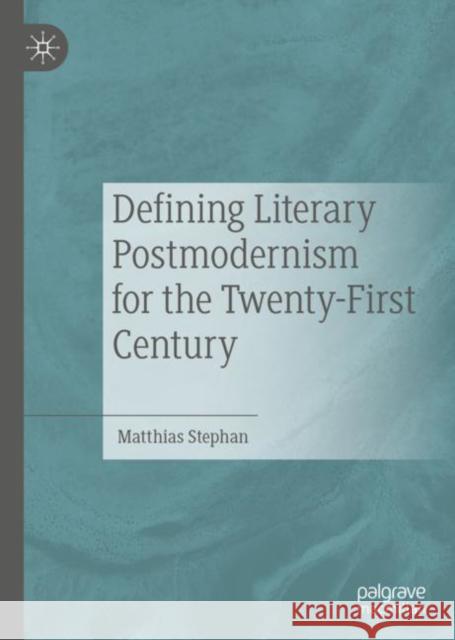Defining Literary Postmodernism for the Twenty-First Century » książka
topmenu
Defining Literary Postmodernism for the Twenty-First Century
ISBN-13: 9783030156923 / Angielski / Twarda / 2019 / 206 str.
Kategorie:
Kategorie BISAC:
Wydawca:
Palgrave MacMillan
Język:
Angielski
ISBN-13:
9783030156923
Rok wydania:
2019
Wydanie:
2019
Ilość stron:
206
Waga:
0.41 kg
Wymiary:
21.01 x 14.81 x 1.42
Oprawa:
Twarda
Wolumenów:
01
Dodatkowe informacje:
Wydanie ilustrowane











